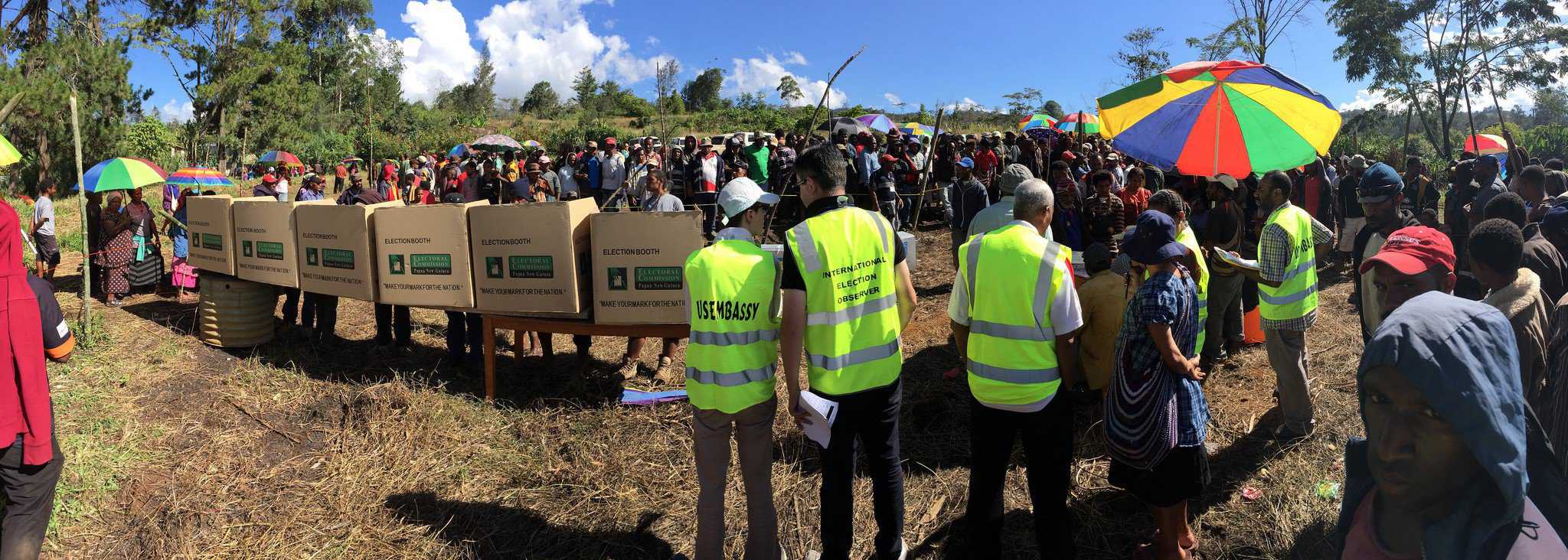The Papua New Guinea Government has been told that changing the electoral framework may cause inconsistency, especially in gaining public confidence in the new system.
International foundation of electoral systems (IFES) former country director Paul Roland said it was not necessary to change the limited preferential voting system in the country in order to have a better general election.
“In the international context, many countries which made many changes to their election framework all failed to increase public confidence in elections,” he added.
Roland was responding to the call made by some for the Government to introduce the electronic voting system.
“It is not necessarily constancy to have electronic constituency reform that would improve the election systems,” he said.
“As IFES, we will speak to some countries that had election success, and we will share some constitutional reforms from the experience in Indonesia, Fiji, Nepal and the Solomon Islands.”
He told an election summit that from experience, working with Electoral Commission and the Bougainville referendum, he noticed that they did not work with other departments.
“In elections, the PNG Electoral Commission is the most visible (and) need support from multiple agencies and department bureaucrats,” he said.
“They will need assistance from Finance, Treasury and the security forces which are not considered in terms of implementing elections.” Roland said he believed in the PNG election framework, but it was the implementation and enforcement of existing laws which deserved dialogue. He warned people to be careful about looking at technology as the solution to the country’s election issues.
